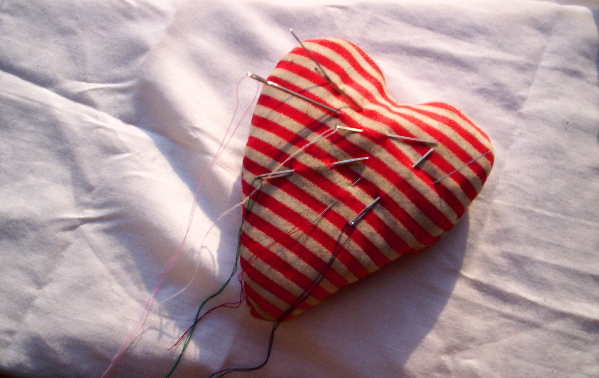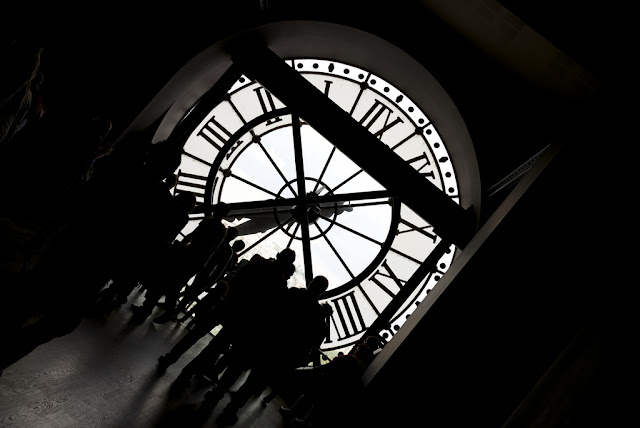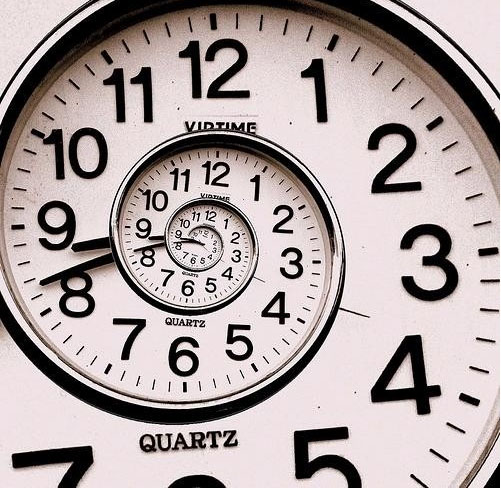"If you have ever spent any time around seriously ambitious people, you know that they are very often some of the unhappiest crazies alive, forever rooting around for more, having a hard time with basics like breathing and eating and sleeping, forever trying to cover some hysterical imagined nakedness." (Elisa Albert)
Why do so many of us who were lucky enough to be born in the right place, at the right time, and who subsequently have the privilege of not needing to worry about their survival and primary needs, still manage to feel overwhelmed? Why are we struggling with the basics? In a true minimalist approach, and in full mindful mode, I think we ought to clear the slate and deliberately pick what deserves to make it into our lives, and what doesn't. What is necessary, and what isn't. For example:
1) Necessary: to live in a place that's salubrious
Unnecessary: to live in a place that's spotless, endlessly noticing and fixing any departure from perfect orderliness and cleanliness.
Do so if you wish, but ask yourself if it really adds value to your life, and be aware that it will take time and energy away from other endeavors.
2) Necessary: to live in pleasant surroundings
Unnecessary: to improve, renovate and decorate as if your house had to make it into a home decor magazine. (I will admit that I genuinely admire some of my friends' houses' interior design, but I will also admit that I don't have it in me to invest the time, energy and money it requires. Plus, with a house that looks "ok", I feel pretty relaxed having children and pets around, which is an underrated form of freedom.)
Do so if you wish, but ask yourself if it really adds value to your life, and be aware that it will take time and energy away from other endeavors.
3) Necessary: to have good hygiene habits
Unnecessary: to scrub and disinfect like you have been dipped in biohazardous substances. (Granted, some body parts require more attention. But probably not as much as you think. Even sweat is nothing more than saltwater.)
Do so if you wish, but ask yourself if it really adds value to your life, and be aware that it will take time and energy away from other endeavors.
4) Necessary: to look nicely put together (that is, provided your job demands it, which is not even always the case)
Unnecessary: to spend hours shopping for and putting on clothes, makeup, hair products. (We waste our precious time "overgrooming", then feel entitled to complain that we don't have enough time.)
Do so if you wish, but ask yourself if it really adds value to your life, and be aware that it will take time and energy away from other endeavors.
5) Necessary: to eat healthy
Unnecessary: to avoid unhealthy foods like the plague, and to follow fads that have no foundation in science. (Instead, aim to eat healthy, plant-based, unprocessed food most of the time, and indulge occasionally - in small portions.)
Do so if you wish, but ask yourself if it really adds value to your life, and be aware that it will take time and energy away from other endeavors.
6) Necessary: to be physically active
Unnecessary: to look as ripped as a professional body builder. To be in a good enough shape to climb the Everest on a week's notice. To participate in organized team sports (this applies to children and teenagers, too).
Do so if you wish, but ask yourself if it really adds value to your life, and be aware that it will take time and energy away from other endeavors.
7) Necessary: to sleep enough
Unnecessary: to sleep in, or nap endlessly past your 8ish hour requirements.
Do so if you wish, but ask yourself if it really adds value to your life, and be aware that it will take time and energy away from other endeavors.
8) Necessary: to nurture important relationships
Unnecessary: to spend hours on social media, to call your mother every single day, or to have friends/family over for supper every single weekend. Great, solid relationships will thrive on less... no need to overdo this "connection" thing!
Do so if you wish, but ask yourself if it really adds value to your life, and be aware that it will take time and energy away from other endeavors.
9) Necessary: to fit in - we humans are social creatures and need a supportive circle
Unnecessary: to try and please or impress everyone. (We do it in more ways than we are willing to admit to ourselves.)
Do so if you wish, but only if it adds value to your life, and be aware that it will take time and energy away from other endeavors.
10) Necessary: to make a living (and to self-actualize)
Unnecessary: to work long hours, gain as much prestige and make as much money as possible.
Do so if you wish, but ask yourself if it really adds value to your life, and be aware that it will take time and energy away from other endeavors.
11) Necessary: a certain amount of pleasure and distractions
Unnecessary: to constantly pursue pleasure and entertainment. (Sometimes - often, alone time and quietness is just what the doctor ordered. What are you trying to cover under all that stimulation?)
Do so if you wish, but only if it adds value to your life, and be aware that it will take time and energy away from other endeavors.
12) Necessary: to know what's going on in the world (Because I vote. And raise children. And teach. And want to make the world a better place, one tiny step at a time.)
Unnecessary: to read each and every article that I put my hands on, to watch the news many times a day.
Do so if you wish, but ask yourself if it really adds value to your life, and be aware that it will take time and energy away from other endeavors.
A subsidiary question is "Why do I feel like I need to do those things when in fact I don't?" Peer pressure? Advertisement and the media? An unhealthy ego?
Mindfulness this Week
What other example would you add to the list?
Which one poses the biggest challenge in your life?
What strategies have you used to go back to the essential?
Be part of the process:
Submit your comments below
Be part of the process:
Submit your comments below
Become a follower of the blog/subscribe by email (top left corner of this page)





